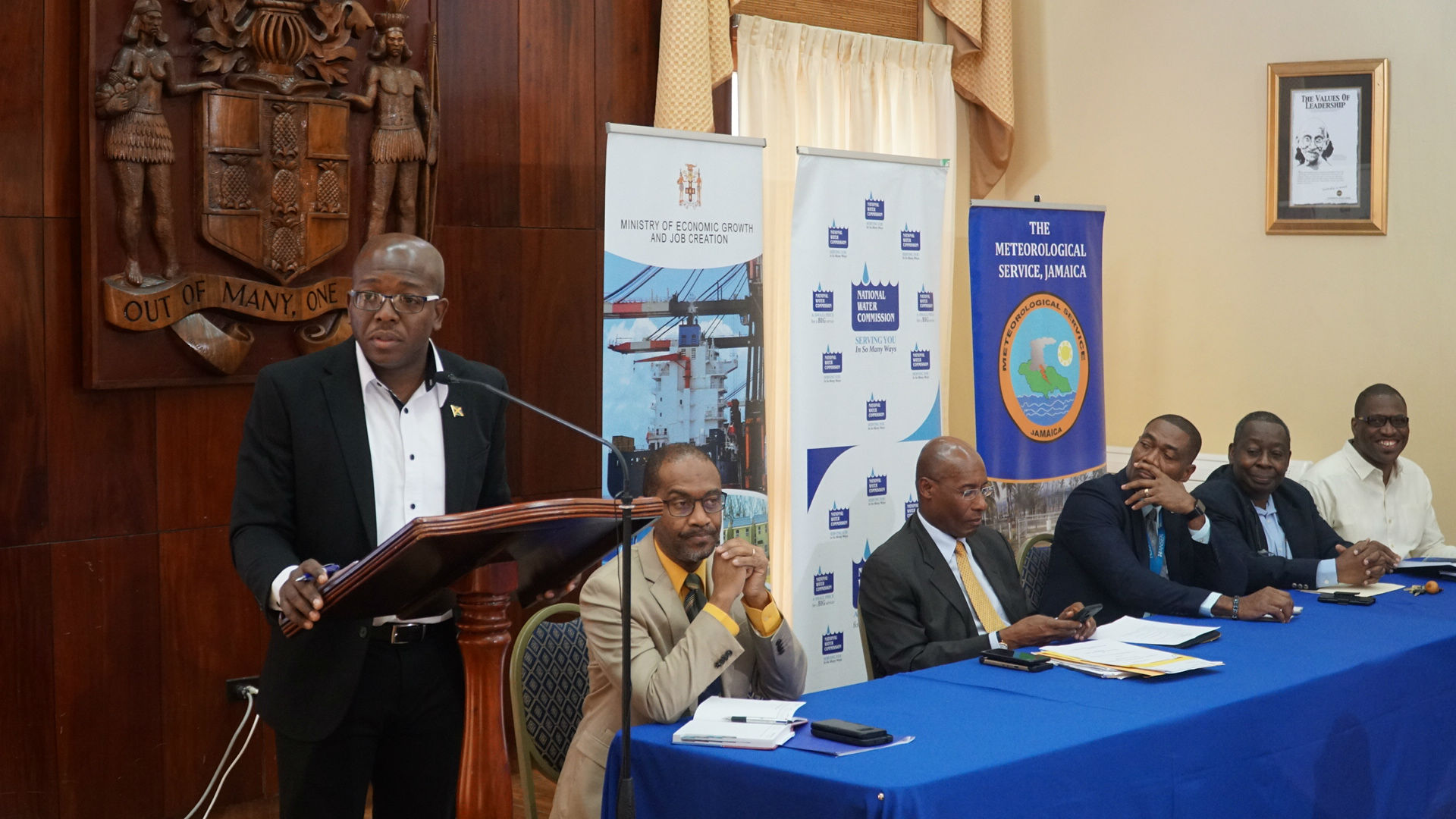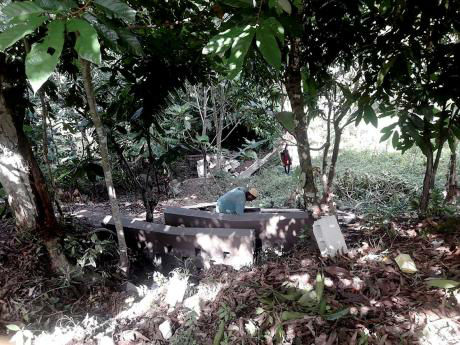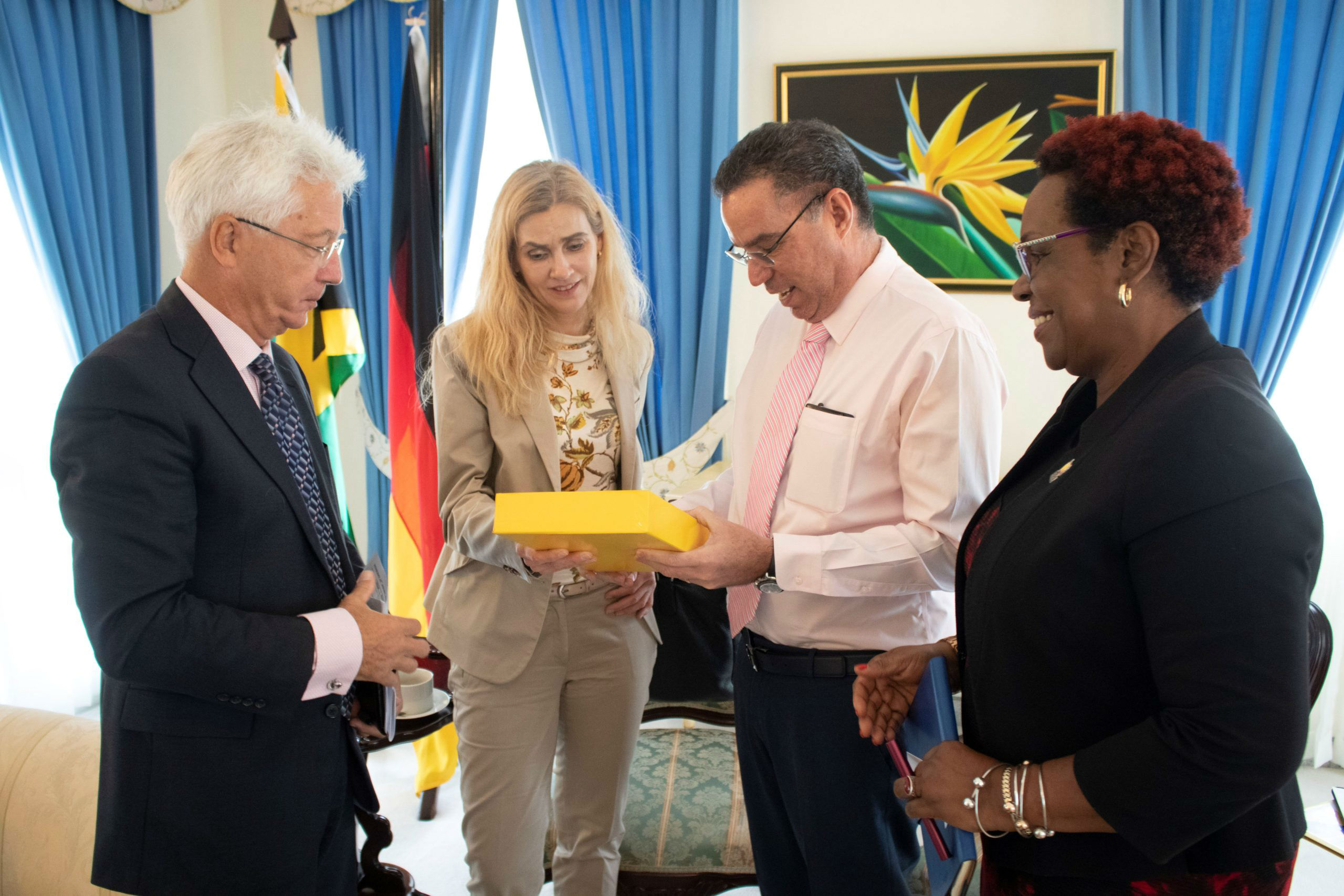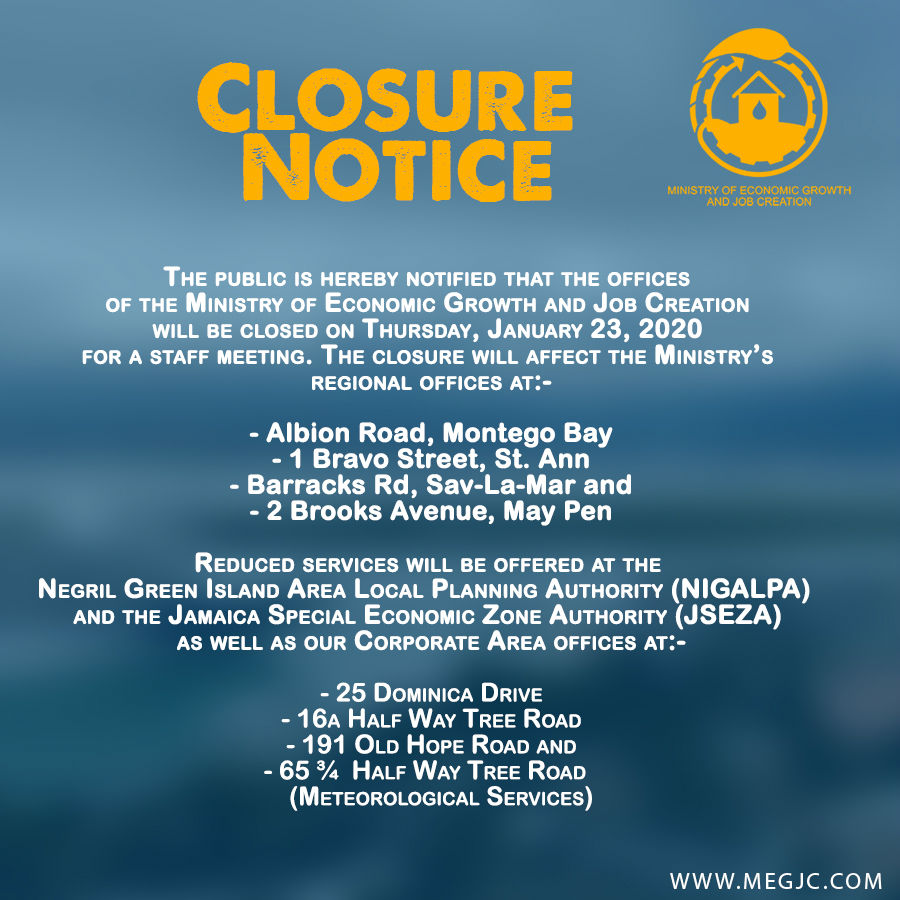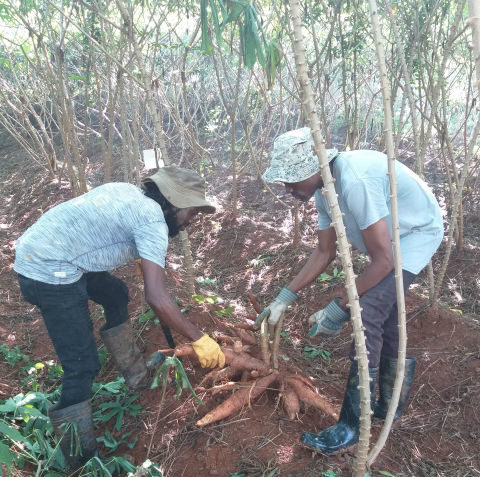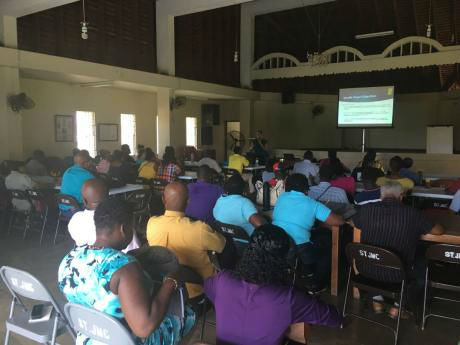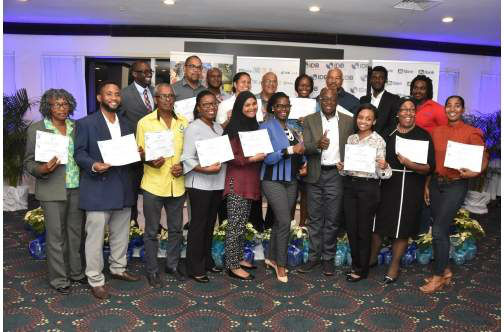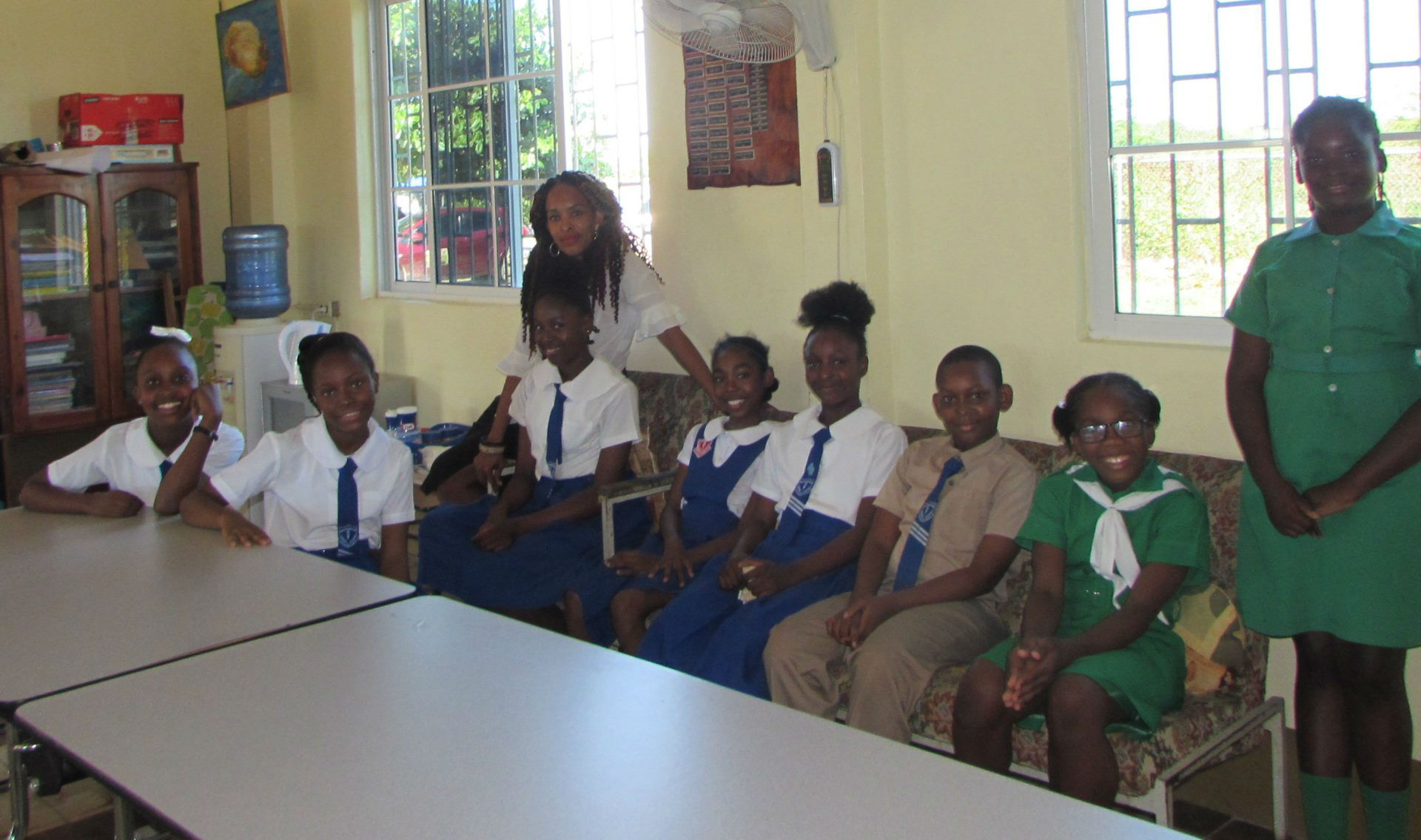Ministry of
Economic Growth and Job Creation
For Immediate Release January 15, 2020
Government
pleased with national response to plastic/Styrofoam ban
The Government of
Jamaica (GOJ) is extremely pleased with the overwhelming positive national
reaction and response to the plastic ban which includes the ban on polystyrene
(Styrofoam) products.
Minister without
portfolio in the Ministry of Economic Growth and Job Creation (MEGJC) with
responsibility for Land, Environment, Climate Change and Investment, Hon. Daryl
Vaz gave an update to the House of Representatives yesterday (January 14),
following the recent implementation of the second phase of the ban pertaining
to expanded polystyrene (Styrofoam) products, which came into effect on January 1, 2020.
“The support is
estimated at over 90 per cent coming from the sector groups, other stakeholders
and consumers in general. Clear evidence of the positive response is the rapid
disappearance of single-use plastic bags and plastic straws from the trade and
the pronounced behaviour change and attitude coming from the Jamaican people,” Minister
Vaz told the House.
“We have now moved to
phase two of the ban which restricts the manufacturing, distribution and use of
expanded polystyrene foam (Styrofoam) products in the food and beverage
industry.
“However, we expect
an even smoother transition from the use of Polystyrene products to the
alternatives on the market for the simple reason that persons and businesses
have had a much longer time to prepare themselves for the ban,” Minister Vaz
said.
On September 17,
2018, the Government announced a policy to implement a ban on single-use
plastic (scandal) bags, plastic drinking straws and expanded polystyrene foam
products used in the food and beverage industry in three phases starting
January 1, 2019.
The third phase of the ban pertaining to the importation of straws
attached to lunch juice boxes and drink pouches will come in effect as at
January 1, 2021.
Minister Vaz noted that the Government developed and implemented a robust
public education programme, using all media to support the ban which is but one
measure to safeguard the nation’s natural and built environments.
“In doing so we were careful to engage all stakeholders including the
Jamaica Manufacturers and Exporters Association (JMEA); the Jamaica Chamber of Commerce (JCC); Small
Business Association of Jamaica (SBAJ); National Consumers League of Jamaica;
individual manufacturers; importers and distributors, among others,” he said.
He further noted that while prosecution is never the preferred strategy,
the Government also saw the need to put in place fines for those who are
non-compliant as well as ensure that the legislative backing was in place
should enforcement of the ban become a challenge.
The maximum fine under the Trade Act (Trade Plastic Packing Material
Order) 2018, is two million dollars while under the NRCA (Plastic Packaging
Prohibiting) Order 2018, the fine is 50,000 dollars. Both Orders carry a term of imprisonment of
two years, respectively.
To date, six businesses have been fined under The Natural Resources
Conservation Authority (Plastic Packaging Materials Prohibition) Order, 2018,
while 30 other businesses and individuals will face the courts in the coming
weeks, Minister Vaz informed the House.
Speaking to the Deposit Refund Scheme (DRS) which was set up to provide cash to consumers who
return their plastic bottles, Minister Vaz said that it is solely a private sector
initiative, which is being implemented
through the Recycling Partners of Jamaica.
It was launched during September 2019.
“This follows the implementation of a $1 cess on plastic(PET) bottles to
establish start-up capital. The
Government’s ultimate target in the short-to-medium term is the recovery of at
a minimum, 80 per cent of the PET bottles currently on the market,” Minister
Vaz added.
He also highlighted that private sector partners have already established
islandwide collection centres for PET bottles, and are to further fine-tune the
collection system.
“Eighteen locations islandwide have been established as drop-off points
by the RPJ, with the collection rate. RPJ will report quarterly to the GOJ,
through the Minister with responsibility for the Environment, on its progress,
successes and challenges as we move forward,” Minister Vaz said.
–30–


